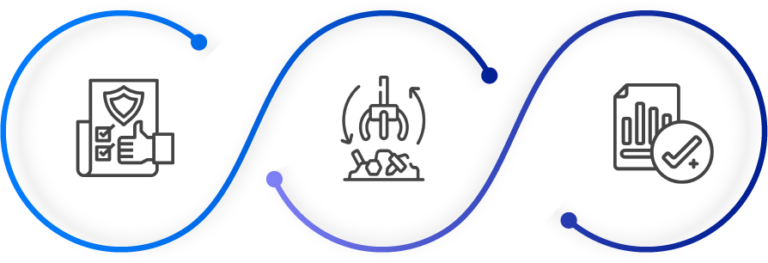
QI PLATFORM
Develop & Deploy AI solutions quickly without coding.

Data Ingestion as a Service

Machine Learning as a Service

Data Management as a Service

Visualization as a Service

BUILDING BLOCKS
Modular components driving efficient data processes and ML workflows

AI MODELS
Tailored AI solutions catering to specific organizational needs

AI PIPELINE
Curated workflows simplifying data processing and ML tasks




























